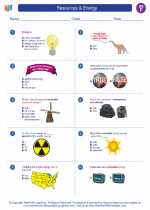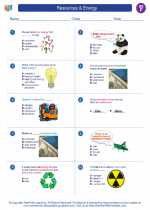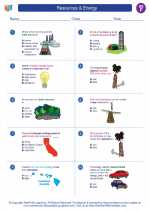Confucianism
Confucianism is a philosophical and ethical system based on the teachings of Confucius, a Chinese philosopher and educator who lived from 551 to 479 BCE. The teachings of Confucius emphasize the importance of moral values, social harmony, and the cultivation of personal virtue. Confucianism has had a profound impact on Chinese culture and society for over two millennia, and its influence extends to other East Asian countries as well.
Key Concepts
- Filial Piety: Confucianism stresses the importance of respect for one's parents and ancestors, and the fulfillment of one's duties towards family members.
- Ren: This concept refers to benevolence, compassion, and kindness towards others. It emphasizes the development of empathy and concern for the well-being of fellow human beings.
- Li: Li encompasses ritual, propriety, and etiquette. It involves adhering to proper behavior and social norms in various contexts, such as family, community, and government.
- Junzi: Often translated as "gentleman" or "noble person," junzi is an ideal of moral integrity and cultivated refinement, embodying the virtues of Confucianism.
- Tian: This term refers to the concept of heaven, which plays a significant role in Confucian thought as a source of moral order and harmony.
Impact and Influence
Confucianism has profoundly shaped the social and political systems of East Asian societies, including China, Korea, Japan, and Vietnam. Its emphasis on hierarchical relationships, ethical governance, and moral rectitude has influenced the norms and values of these cultures for centuries. Moreover, Confucianism has had a lasting impact on education, literature, and the arts in East Asia.
Study Guide
To deepen your understanding of Confucianism, consider the following study guide:
- Read primary sources: Explore the Analects of Confucius, which contains the teachings and conversations of Confucius and his disciples. Reflect on the key concepts and practical wisdom imparted in these texts.
- Compare with other belief systems: Compare and contrast Confucianism with other philosophical and religious traditions, such as Taoism and Buddhism, to understand its unique characteristics and interactions with other belief systems.
- Examine historical and contemporary applications: Investigate how Confucian principles have been applied in governance, family life, and social ethics throughout history and in modern contexts.
- Discuss the relevance today: Consider the relevance of Confucian values in contemporary society, and analyze how these principles can contribute to ethical leadership, interpersonal relationships, and global citizenship.
- Engage in critical thinking: Evaluate the strengths and limitations of Confucianism as a moral and ethical framework, and consider its potential contributions to addressing contemporary challenges and promoting human flourishing.
By engaging with these study guide points, you can gain a deeper appreciation for the enduring significance of Confucianism and its enduring impact on East Asian societies.
[Confucianism] Related Worksheets and Study Guides:
.◂Social Studies Worksheets and Study Guides Sixth Grade. Resources & Energy

 Worksheet/Answer key
Worksheet/Answer key
 Worksheet/Answer key
Worksheet/Answer key
 Worksheet/Answer key
Worksheet/Answer key
